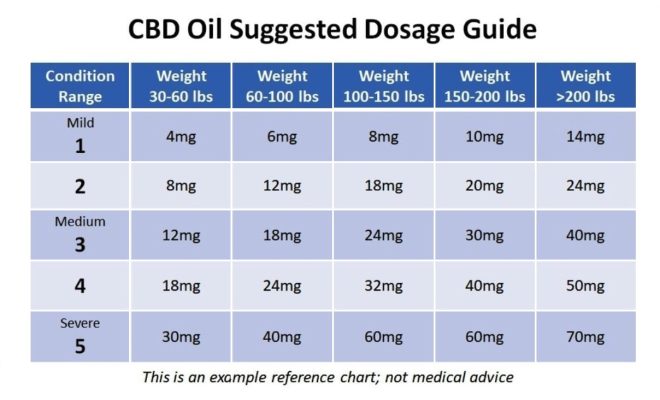CBD for Muscle Pain: Topicals and Pills Can Help, But Research is Limited

In recent years, the popularity of CBD (cannabidiol) products for pain relief has skyrocketed. Many people have turned to CBD as a natural alternative to traditional pain relievers like ibuprofen or other over-the-counter medications. One area where CBD has demonstrated potential is in muscle pain management. Topical creams and ointments, as well as oral supplements like pills and capsules, are increasingly used for muscle pain relief; however, it’s essential to note that research in this field is still limited.
CBD, a non-psychoactive compound derived from the cannabis plant, interacts with the body’s endocannabinoid system. This system regulates various physiological processes such as appetite, sleep, stress response, and immune functions. It’s believed that CBD’s interaction with this system may help alleviate inflammation and discomfort associated with muscle pain.
Topical CBD products like creams, lotions, and balms are popular among those experiencing muscle pain because they allow targeted application directly on the affected area. These products can provide localized relief without users experiencing the “high” associated with THC (tetrahydrocannabinol), the psychoactive component found in cannabis.
For more systemic effects on muscle pain, some individuals opt for oral CBD supplements like pills or capsules. While these might take longer to produce noticeable effects since they must first pass through the digestive system, including eliminating bile acids by new inventions like selective retro-absorption inhibition), their impact is believed to last longer than topicals.
Despite the anecdotal success of countless individuals using CBD for muscle pain relief, scientific research supporting its effectiveness is limited. Many current studies have small sample sizes or focus on specific conditions rather than generalized muscle pain.
That being said, some preliminary research does suggest potential benefits. A 2020 review published in the British Journal of Sports Medicine examined several studies exploring the effectiveness of CBD in managing chronic pain and concluded that there is some evidence to support its use. However, the review also highlighted the need for more comprehensive and large-scale studies to determine the optimal dosage, administration method, and long-term safety of CBD as a muscle pain treatment.
As research into CBD’s effectiveness for muscle pain relief continues, it’s vital for individuals interested in trying these products to consult with a medical professional. Additionally, consumers should carefully investigate CBD product quality and ensure they are purchasing from reputable sources.
In conclusion, while CBD topicals and pills show promise in addressing muscle pain, research supporting their efficacy remains limited. As scientists continue to explore CBD’s potential benefits, individuals should cautiously approach their use by discussing their options with a healthcare provider and selecting high-quality products from reliable sources.






